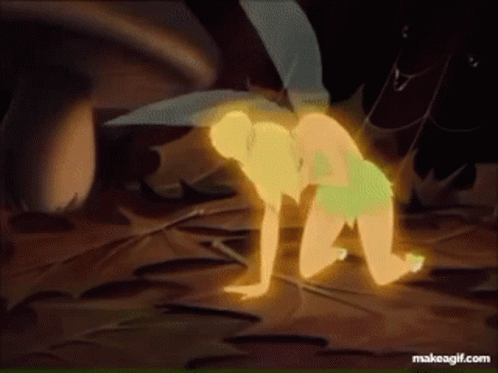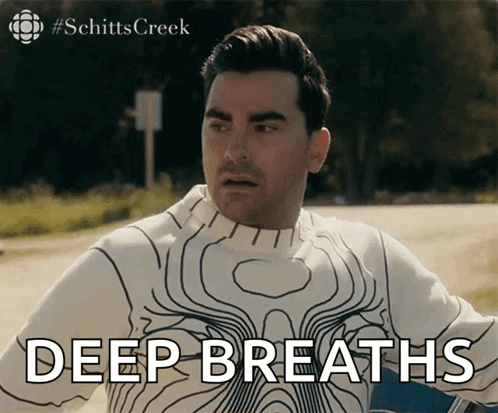In this adventure to become a more involved citizen, sometimes I’m looking for actions, and sometimes I’m looking for understanding. My current, well-researched recommendations for action are: write yourself a script; be a poll worker; get involved in your House race (or, per Michele G, the race in a neighboring district).
Today is an understanding day.
I do not care for a generalized threat. I don’t like horror movies or dystopian fiction—anything where the danger is diffuse and nameless and maybe hiding around that corner. (HOW IS THAT FUN. HOW?!)

Recently I’ve noticed my stomach clenching in response to the phrase “threat to democracy.”
Many of my trusted commentators are sounding alarms about profound danger to democracy in the US and around the world. I believe them, and I can sense what they’re describing, in my body and mind. But I’m already a person fighting anxiety: I don’t want to add another shapeless threat to my list. I want specificity—both in what I’m fighting for and what I’m fighting against.
After a lot (a lot, guys) of reading, I’ve come to the conclusion that the current greatest “threat to democracy” is best captured in the term political authoritarianism (or, even more specifically, "political authoritarian practice"). Even this can feel general, so we’ll define it well. But today, just a little intro. (NB: Obviously I could be off about this! But my brain can’t handle 47 threats, so I’m focusing my attention on one. Pleeeease, as ever, feel free to correct/add in the comments!)
The tl;dr:
- Even at its most contentious, American democracy has been held together by public commitment to democracy and democratic practices themselves.
- Decreased public commitment to democracy itself is, then, a major threat to democracy.
- Americans’ commitment to democracy and democratic practices has eroded over the past few decades.
- Significantly more Americans are now willing to entertain authoritarianism—especially for leaders aligned with their own values—than they were even a decade ago.
The FOR WHAT: Clearly defining the danger helps us identify and fight it precisely, instead of being in chaos–panic mode all the time.
K, here's the bigger logical framework.
Democracy depends on commitment to democracy.
Anytime I read American history I’m struck by what a DUMPSTER FIRE American democracy has always been: unruly, often bitterly mean, skidding back and forth between the guardrails. Writer/diplomat John Kenneth Galbraith reportedly once said that “every publisher wants his author’s book to be entitled The Crisis in American Democracy—because he knows that title will sell.” Democracy is your friend who’s alllllways in crisis.
David A. Moss, author of one of these dumpster-fire memoirs*, theorizes that American democracy has always drawn its greatest strength from Americans’ trust in and commitment to democracy itself: “Over much of the nation’s history, a common and deeply felt commitment to the democracy appears to have served as a sort of societal glue, binding people together even in the face of intense political disagreement.”
Fighting within the democratic relationship, says Moss, can be generative (like in a marriage). But rejecting the constraints of the relationship is corrosive (like…in a marriage).
Democracy isn’t just your most dramatic friend, always in crisis; it’s Tinkerbell, requiring the trust and commitment of hundreds of millions of people for its very existence.

American commitment to/trust in democracy is decreasing.
So. Is our collective commitment to democracy faltering? Is this more than just a Spidey-sense? Are Americans dissatisfied with not just our current government, but democracy itself?
It appears so. (There will be hope and action! There is precedent for reversing this trend! But first: understanding.)
I’ve been up in the research. Main points from across 5 - 6 recent studies of American attitudes:
- Most Americans think democracy is a good form of government…
- but fewer people think it’s the best form now than did even 20 years ago (per one study, 71% in 2019, down from 94% in 2006).
- Consistently around a third of Americans are actively interested in or open to an authoritarian alternative, namely “a strong leader who does not have to bother with Congress and elections” ( 1, 2)…
- …yes, more conservatives than liberals, but not a ton more.
- Around 8% of Americans are staunchly pro-authoritarianism.
- (Most of these numbers, btw, are higher for Americans under 30. Will discuss!)
- Even Americans who are abstractly pro-democracy are often OK with their favorite politicians using non-democratic tactics.
An increasing number of our fellow citizens, fed up with American politics and wanting their side to win decisively, are openly flirting with authoritarianism. (These are the numbers; I’ll get more anecdotal next week.)
EEEEEEK

BUT WHAT IS "AUTHORITARIANISM," THOUGH
OK. Research designers craft their questions carefully. “A strong leader who does not have to bother with Congress and elections” is a pretty great summary of a fully authoritarian government. BUT: it offers us zero intel on how to identify authoritarianism while it’s growing—let alone how to fight it.
So I’m going to end today with my (current) definition of authoritarianism, cobbled together from many sources. I think in threes, so it’s a three-parter:
Political authoritarianism =
Highly concentrated power
maintained by
“accountability sabotage”
including
the neutering of democratic norms.
(And it’s usually justified by a need for security and social order. That makes four parts, I guess.)
Coming up next: more about what it is, how American interest in it shows up, why my lizard brain sometimes wants authoritarianism, and whether—as some conservative commentators are saying—rejecting authoritarianism = rejecting the very concept of authority (spoiler: no, OBVIOUSLY, puh-lease).
What do you think? Do these numbers surprise you? How about the theory that the life force of democracy = trust in democracy?
Heavy but clarifying…!** Xoxo
*(The book is Democracy: A Case Study, and it’s dense but faaaascinating.)
** Title of my memoir

Member discussion: